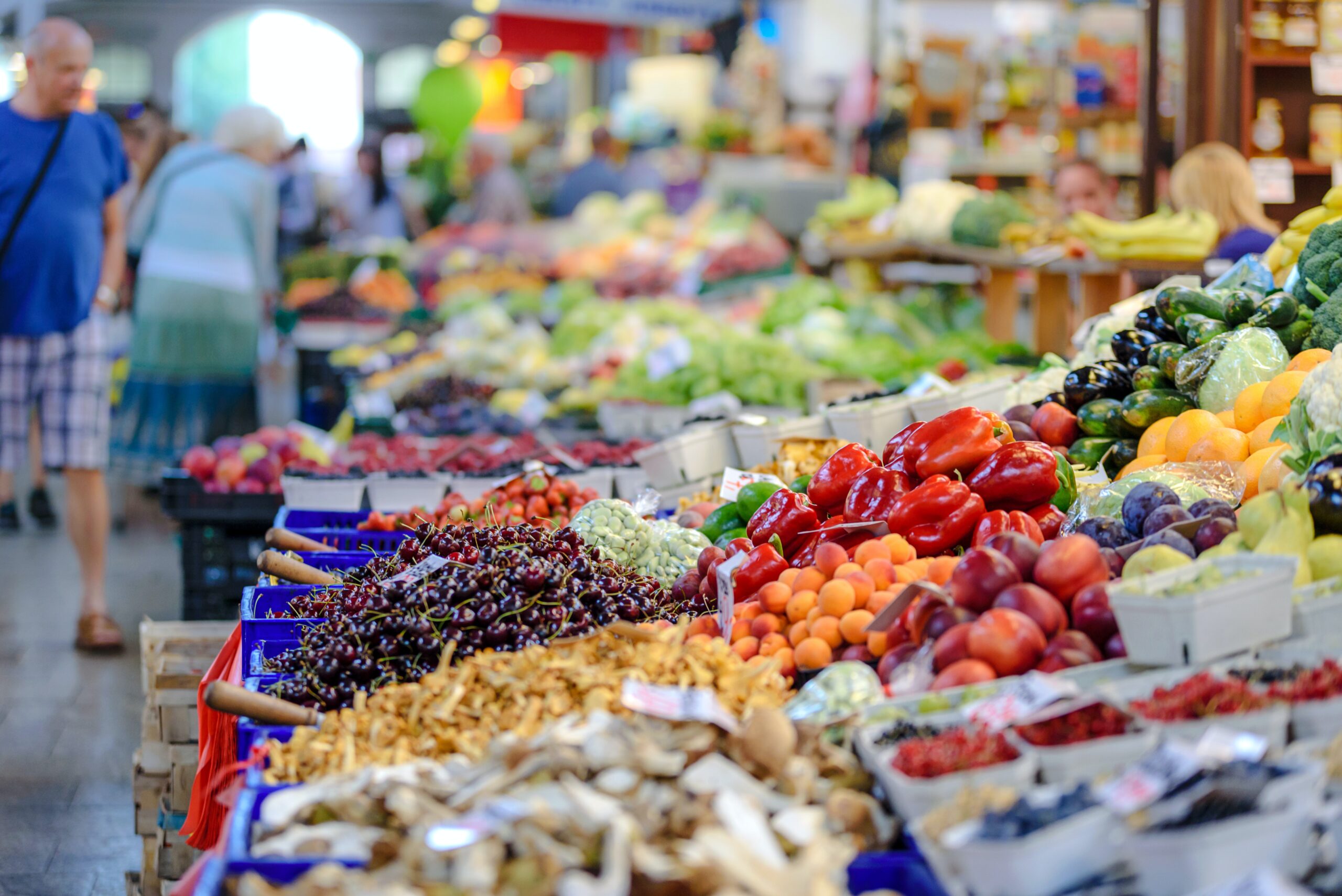Sales of organic produce have doubled since 2010. While many shoppers make the switch to avoid health risks associated with synthetic fertilizers and pesticides (both no-nos under the USDA definition of “organic”), some also gravitate toward the pricier goods out of concern for the planet. But research has found that organic fruits and veg aren’t necessarily better for the environment than those grown using conventional methods—and in some cases, they may be a little worse. So, no, you shouldn’t feel guilty if you can’t shell out for the organic baby kale.
The question of whether organic farming is better for the planet than conventional doesn’t have an easy answer, because there are environmental pros and cons to how the latter typically works. Organic producers use mostly natural substances and farming methods such as crop rotation, cover crops, composting, and using manure as fertilizer and pheromone traps for pest control.
The amount of energy needed and greenhouse gas emissions produced using those practices can vary from crop to crop, but the universal challenge boils down to yields and land use. According to analysis in the journal Environmental Research Letters, an organic outfit can take up anywhere from 25% to 110% more land than a conventional operation to produce the same amount of fruit or veg. And farmland often comes at the expense of carbon-sequestering forest. Meanwhile, excess nitrogen from manure can make it into waterways, producing more runoff than conventional systems.
In terms of emissions and energy, the differences from going organic are marginal, but there are other upsides. The Environmental Research Letters analysis found that organic fruit production uses less energy and emits a little less than conventional methods, while organic vegetables sip a little more energy and emit a touch more than non-organics. And although organic farming can harm forest biodiversity, the lack of synthetic pesticides can help other creatures—including insects, bees, and birds—thrive. One 2020 study, for example, published in Nature Sustainability, attributed a significant decline—between 9% and 14%—in the U.S. bird population to the use of the pesticide neonicotinoid.
Unfortunately, that’s only part of the picture. Most of the data available now only reflects the current rate of adoption, and the idea of feeding a growing global population sustainably has raised flags in some analyses. A 2019 study published in Nature Communications, for instance, determined that a wholesale conversion to organic farming in England and Wales would result in up to a 56% bump in associated greenhouse gas emissions. Reduced yields, the authors found, would lead to a major spike in land use and the eventual need for overseas imports to make up for the shortfall.
Does all this mean we should ditch organic? Not really. As food producers explore strategies to mitigate climate impacts, experts point out that organic and conventional farmers can adapt the best parts of one another’s methods toward common goals. But, for now, if your reason for opting for organic centers around the environmental friendliness of your diet, the single most impactful thing you can do is eat less meat.

